We're sorry, but something went wrong
Please try reloading the page
We're sorry, but your browser is unable to play this video content.
If this continues please try upgrading your browser or contact us for assistance.
We're sorry, but this video is currently unavailable on mobile.
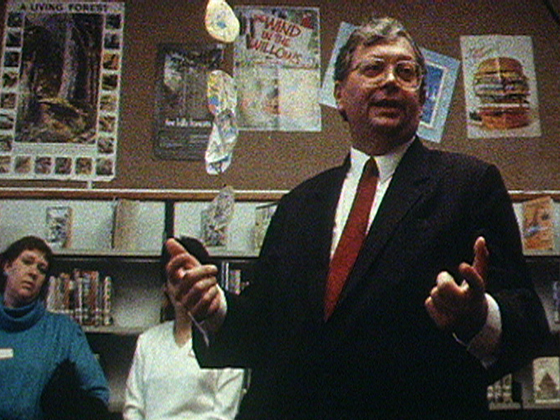
Someone Else's Country
Film (Full Length) – 1996
This title has two backgrounds:
A Director's perspective

Someone Else’s Screen

A Director's perspective
By Alister Barry 17/04/2015
It is a quarter of a century since the New Right revolution began in New Zealand. New right ideology has become known as neoliberalism – a new version of an old idea of economic liberalism that says that society is best organised by free markets with as little government regulation as possible.
New Zealand was one of the first countries to be taken over by neoliberalism. Since then it has been forced on dozens of countries around the world. The result has invariably been a huge shift in wealth and power from the poor to the rich, and through “globalisation” to multinational corporations. By 2009 New Zealand ranked as the sixth most unequal society in the OECD and first in the world in the rate at which inequality had grown over the previous twenty years. In poor countries the cost of neoliberalism in human suffering has been staggering.
The political process of achieving the neoliberal transformation has been extensively studied. It generally followed two stages. The first was rapid and radical changes imposed from the top by neoliberal politicians and bureaucrats, justified by a real or manufactured crisis. Controls over financial transactions were abolished, publicly owned corporations privatised; trade unions were weakened or destroyed by labour market deregulation; wages and welfare cut.
The second phase was one of consolidation led by massive tax cuts limiting future government initiatives and leading to further cuts in public services and the power of government. Over a period of time peoples’ expectations of their governments were expected to diminish as they adjusted to the new reality.
It had been anticipated by New Zealand’s New Right revolutionaries, that by the early 2000s our values would have changed and we would have come to think like them, accepting poverty and extreme wealth as both normal and necessary. To pursue personal advantage and to care less about our neighbours. But studies show that in fact our values haven’t changed much from those of our parents and grandparents.
What is happening though, is that we are forgetting how things used to be and who changed them. Even as the human and environmental costs of the neoliberal experiment increase, we are finding it harder and harder to imagine how things could be better.
I hope you will find this film a useful antidote to forgetfulness.
Someone Else’s Screen
By Alister Barry 17/04/2015
It was no accident that Someone Else’s Country wasn’t screened on TVNZ when it was completed in 1996.
It wasn’t that the Business Roundtable needed to actually tell the TV programmers not to screen it. Television executives knew perfectly well where their salaries came from and that TVNZ was being readied for sale.
Fourteen or fifteen minutes of every television hour - the very limit of viewers' tolerance - was filled with messages carefully and expensively constructed to reach into their fears and appetites. Clutches of advertisements urged New Zealanders to “buy”, to think and feel like frustrated consumers. Airing a documentary which led viewers to think of themselves less as consumers and more as citizens capable of taking political action was not in the interests of the big corporations controlling the advertising dollar.
But word spread. "You have to see this film!" It explains how we got to where we are. It explains how the government could privatise Telecom even though 93% of us opposed it. It explains why and how the bastards did it! Extra Film Festival screenings had to be scheduled to cope with the crowds. Thousands of video copies were sold. Talkback radio hummed with indignation about why it wasn't on TV.
Ironically, it was a small music channel in Auckland which put it to air first, at 7.30 on a Sunday night. It out rated TV One, TV2 and TV3. But still the public broadcasters wouldn’t screen it until seven years later on the personal insistence of Ian Fraser, then head of TVNZ. It finally went to air in 2003 on a Sunday afternoon on TV One.
More than ever, this film continues to be genuinely essential viewing.
If you liked this, you might also like...
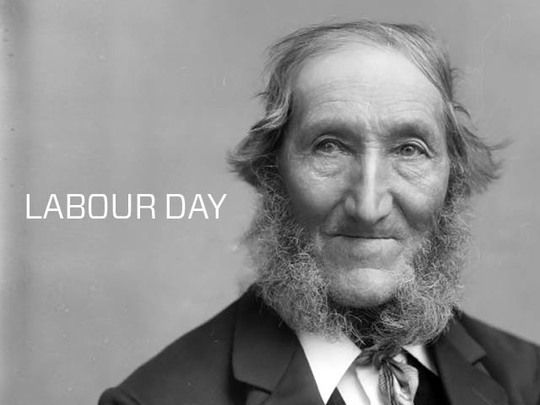
Labour Day Collection
Curated to mark Labour Day, this collection features...

Politics
Our representatives in Parliament have had some of their...
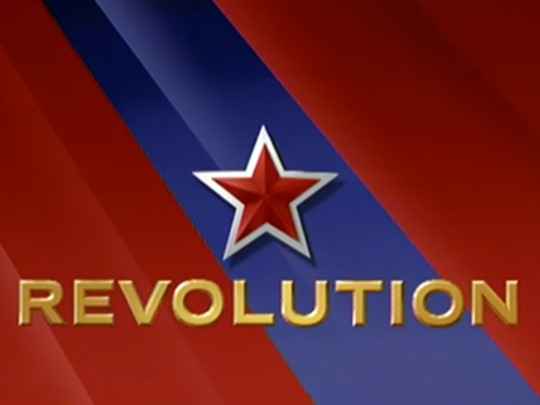
Revolution
Another series looking at the Rogernomics era
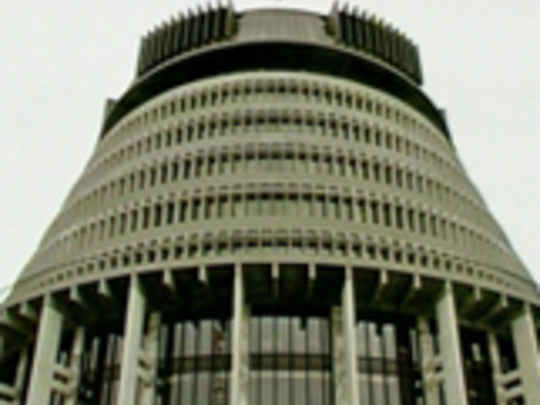
Sale of a Nation
A documentary examining asset sales of the era
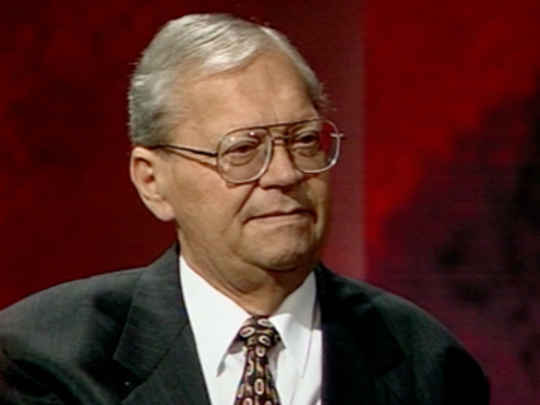
Face to Face with Kim Hill - David Lange
An interview with David Lange
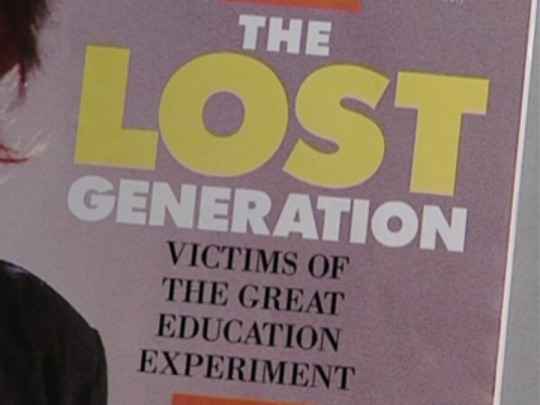
A Civilised Society
More from Alister Barry on changes in NZ in the 1980s
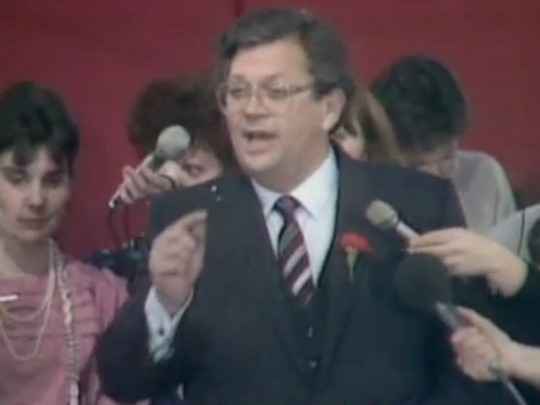
In a Land of Plenty
Another documentary about NZ directed by Alister Barry

Close Up - Big Dealers (featuring John Key)
Foriegn exchange dealers in the late 1980s
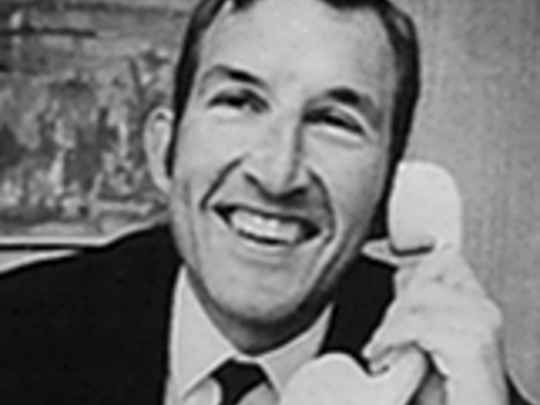
The Boy from Island Bay
More on Brierley Investments
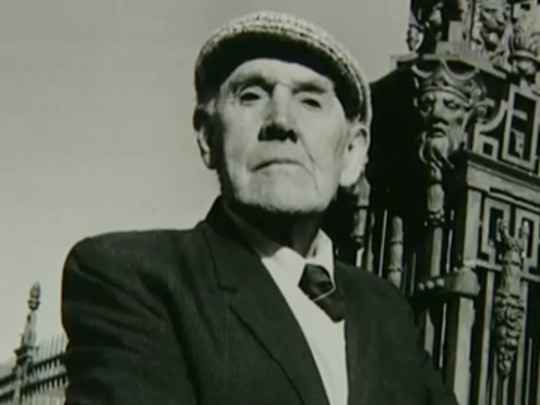
1951
A documentary on the 1951 waterfront dispute
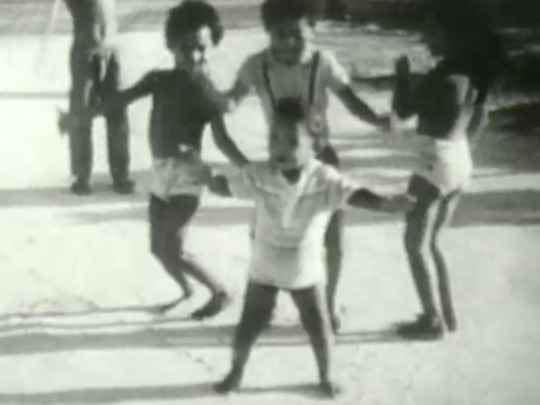
Mururoa 1973
Another Alister Barry documentary
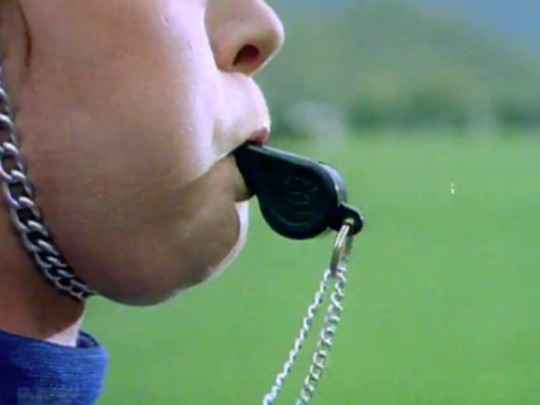
The Marching Girls - Mahara's Story
The first episode features a union dispute
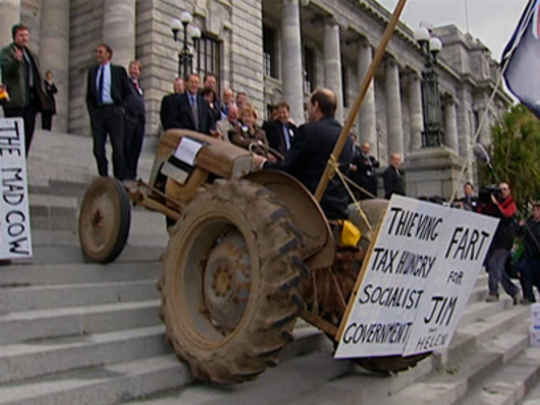
Hot Air
More politics with Alister Barry
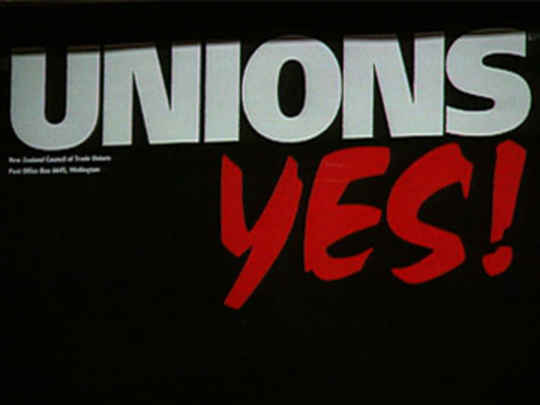
Assignment - Back to the Future
Item on changes to employment law in 2000
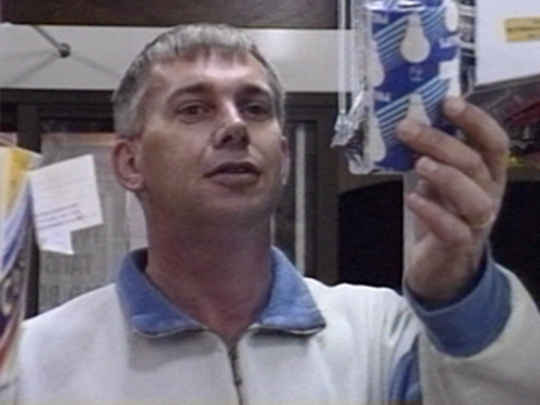
First Hand - A New Breed of Hero
Documentary on owning a diary in the 1990s

Gloss - First Episode
The series to match the excesses of the era
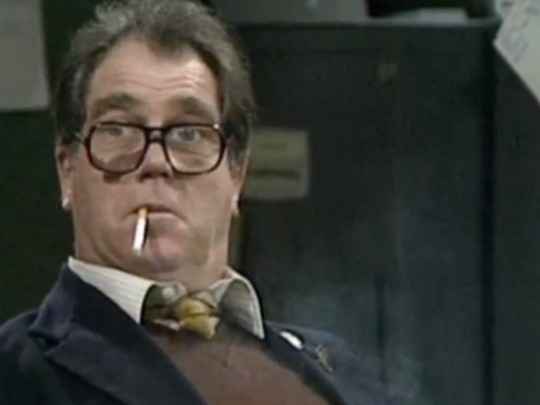
Gliding On - No Smoke Without Fire (First Episode)
This series looks at office working life in the 80s
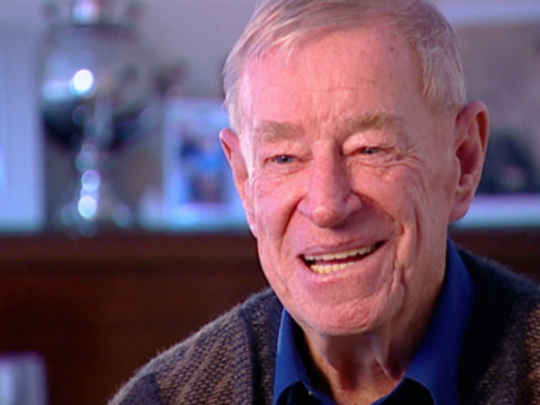
Ken Douglas: Traitor or Visionary?
Documentary on unionist Ken Douglas
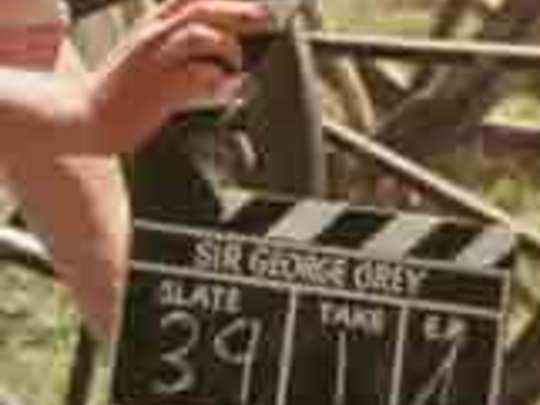
The Making of The Governor
Presented by Ian Johnstone
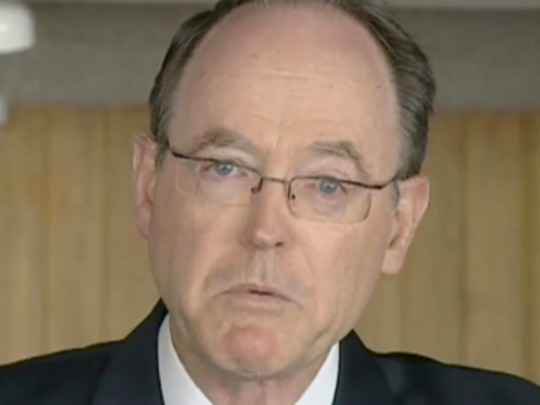
The Hollow Men
Another documentary by Alister Barry
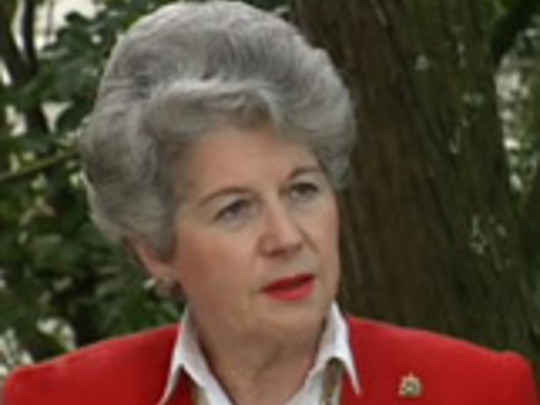
Dame Cath Moves Up - A Personal Portrait
More political leadership machinations
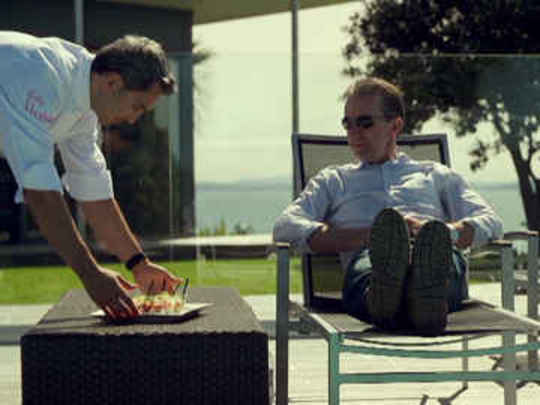
Nigel Latta 1 - The New Have & Have-Nots (First Episode)
Documentary on NZ poverty and inequality in 2014
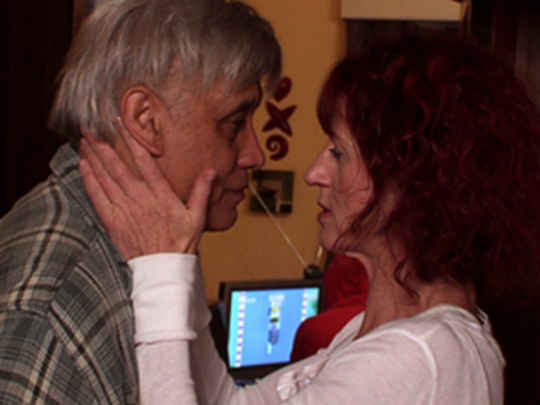
Hook, Line and Sinker
Co-directed by editor Shane Loader

The 1984 Leaders Debate
The 1984 snap election leaders' debate

The Beginner's Guide to Visiting the Marae
A documentary hosted by narrator Ian Johnstone
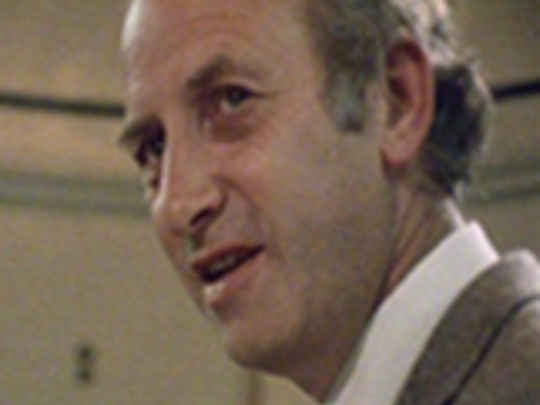
Bob Jones - Doing God's Work?
Bob Jones was an advocate of free market policy
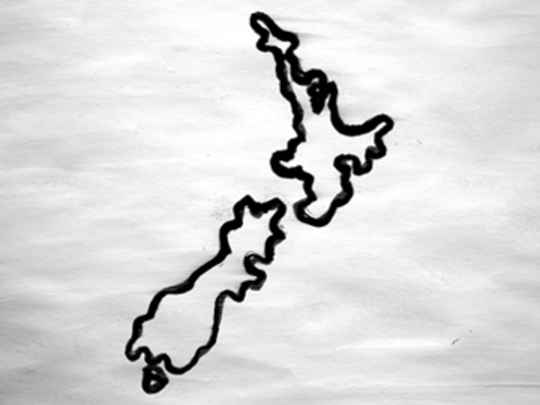
Loading Docs 2016 - Water for Gold
Short film about the TPPA agreement
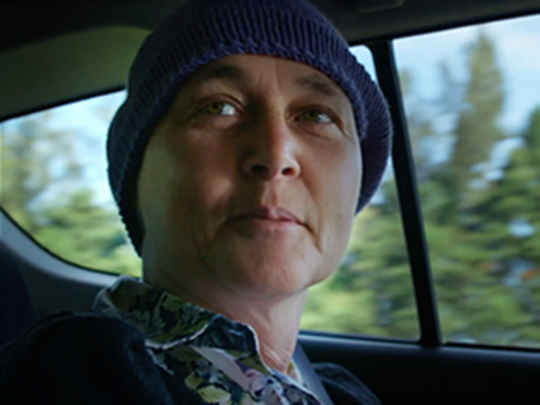
Helen Kelly - Together
Tailer for a film about unionist Helen Kelly
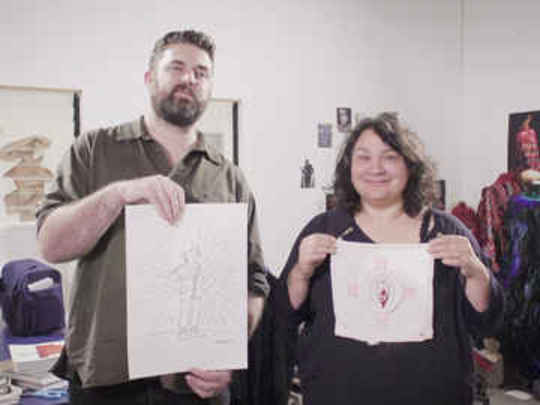
Two Sketches with Toby Morris - Metiria Turei
Metiria Turei discusses being an activist in the 1980s

The Hard Stuff With Nigel Latta - Selling Ourselves Short
Nigel Latta investigates the New Zealand economy
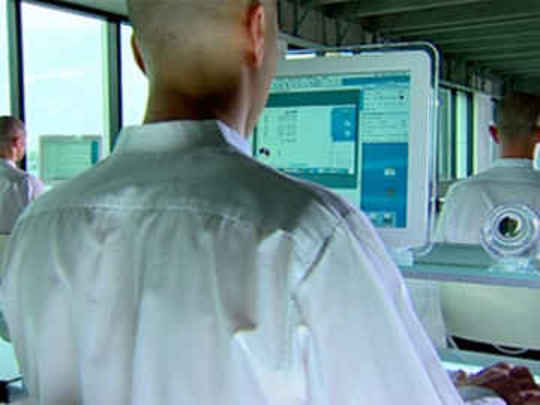
The Respectable Addiction
Another doco that discusses employment in NZ
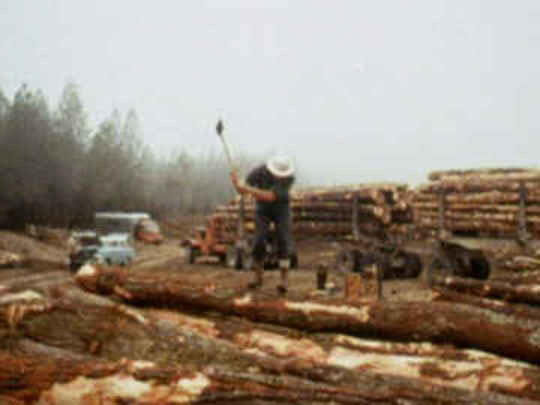
Making New Zealand - Forestry
Documentary on changes in the NZ forestry industry
Which size would you like?
Copy this code and paste it into your website.
<!-- Start NZ On Screen - Someone Else's Country - Badge -->
<a href="https://www.nzonscreen.com/title/someone-elses-country-1996" > <img src="https://www.nzonscreen.com/content/badges/someone-elses-country-1996.horizontal-badge.jpg" width="330" height="90" alt="Someone Else's Country" /></a>
Which clip would you like to embed?
Start clip at:
eg. 1m7s
Would you like the clip to be a fixed size or responsive?
Copy this code and paste it into your website.
<!-- Start NZ On Screen -
Someone Else's Country
Size:
585
by
410
-->
<iframe width="585"
height="410"
style="width: 585px"
src="https://www.nzonscreen.com/embed/04e5fb4ff30c0398" frameborder="0" allowfullscreen ></iframe>
<!-- End NZ On Screen -
Someone Else's Country
-->